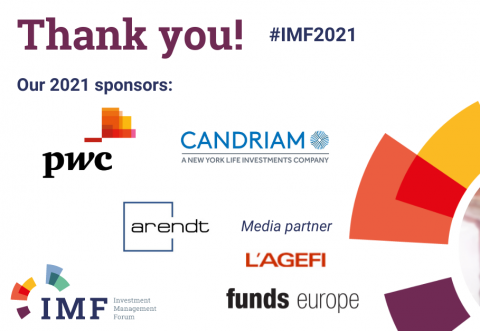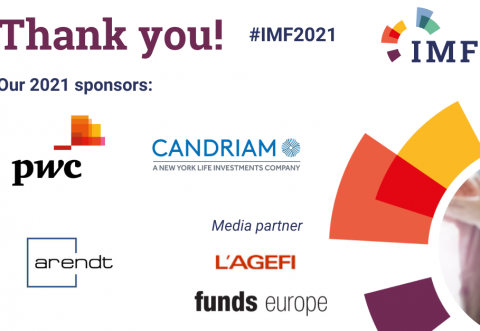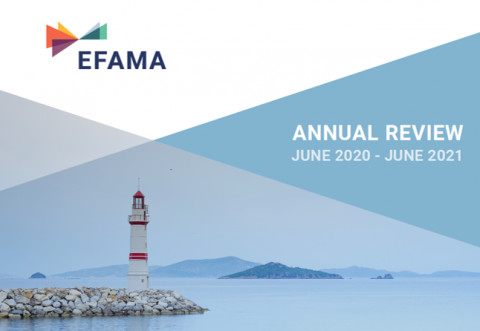EFAMA welcomes the IOSCO Consultation report which we believe is a good starting point for further engagement with our industry on dilution in Open-Ended Funds (OEFs). We believe that dilution may indeed trigger investor protection concerns for certain funds and welcome, in this respect, IOSCO’s commitment to protect end-investors from material dilution. This being said, we however do not support the consultation report’s significant emphasis on financial stability considerations.
International Agenda
Whereas EFAMA’s primary focus is on EU financial services legislation, we also actively engage at a global level with international standard-setting bodies, such as IOSCO (of which EFAMA is an affiliate member), the Financial Stability Board (FSB) or the OECD, to name but a few. In this context, EFAMA strongly supports the development of mutually agreed international regulatory standards to reduce market fragmentation and facilitate cross-border business.
We also keep a close watch on regulatory developments in jurisdictions outside the European Union that are likely to significantly impact our members’ activities. For example, in recent years EFAMA actively engaged with foreign authorities on regulations limiting the distribution of European funds abroad. Examples include filings to the UAE Securities and Commodities Authority (SCA), the Indian SEBI, the U.S. SEC and the OECD.
IOSCO Consultation Report on anti-dilution liquidity management tools
FSB Consultation Report on addressing vulnerabilities from liquidity mismatch in open-ended funds
EFAMA welcomes the opportunity of this consultation report to share views on how regulators could foster greater consistency in the management of liquidity risks in the Open-Ended Funds (OEFs) sector and on how the FSB should proceed in the future to evaluate any potential build-up of systemic risks in capital markets.
IASB ED on IAS 12 – Pillar Two Model Rules
EFAMA commented on IASB’s ED on IAS 12 (Pillar Two Model Rules). As the model rules drafted by the OECD establish that investment funds and investment entities should be carved out / excluded from Pillar Two, at first glance we expect them would not have a significant impact on our industry (at least on the strict product/funds side). While it is still to be confirmed what will be required from asset management firms and investors investing in funds to comply with the new rules, it is clear the analysis is highly complex.
IMF 2021: Thought-provoking discussions and insightful presentations
This year’s Investment Management Forum featured an incredible number of high-level speakers and thought-provoking discussions.
.png)
Thank you to the Investment Management Forum sponsors | Register now!
Register now for our Investment Management Forum next week! High-calibre panels and keynote speakers promise rich, informative and thought-provoking exchanges between European policymakers, investment managers and regulators on
- the Competitiveness of our industry
- the EU retail investment strategy
- the latest in global standards for sustainability reporting
- challenges and opportunities of alternative investment regulations
- the impact of digitalisation on asset management
- and more...
FSB consultation on policy proposals to enhance Money Market Funds' resilience
While cognisant of the FSB’s strict timelines in view of upcoming G20 summits, these should not come at the expense of a necessary and more informed debate on the causes at the root of last year’s stresses in global short-term funding markets (STFMs) and on ways to remedy these in the future. In fact, the options presented in the consultation report appear hurried and dismissive of critical facts, calling therefore for a deeper engagement with the global financial and investing community at large.
Better Pensions, Better Lives: How investment funds can help individuals save for retirement and reduce fiscal pressures on governments
The investment industry and policymakers must co-ordinate efforts to promote funded retirement saving and improve financial literacy to ensure that billions of people can live comfortably in their later years and, in the process, ease the fiscal pressure on governments. Financially-literate individuals are more likely to make better-informed financial decisions and to understand the benefits of long-term investments.
EFAMA Annual Review 2020-2021
It gives me great pleasure to provide you with an overview of our activities since our Ordinary General Meeting of last year.
Global Memo: Benchmark Data Costs
A key purpose of the financial system is to allocate capital and risk in a manner that supports sustainable economic development and growth, including through the provision of financing, investment and hedging products. Financial benchmarks/indices are fundamental to the functioning of financial markets and are widely used in both retail and wholesale markets. In particular, benchmarks are a valuable tool helping market participants to set prices, measure performances, or work out amounts payable under financial contracts or instruments.


































